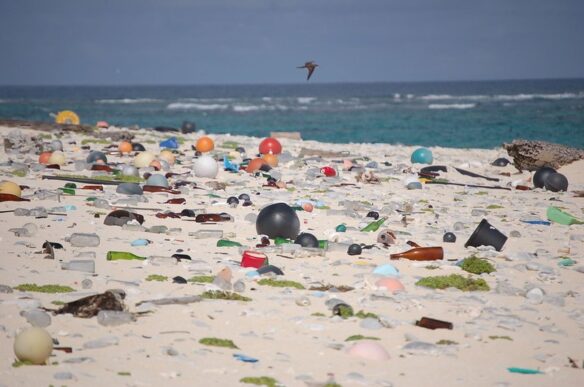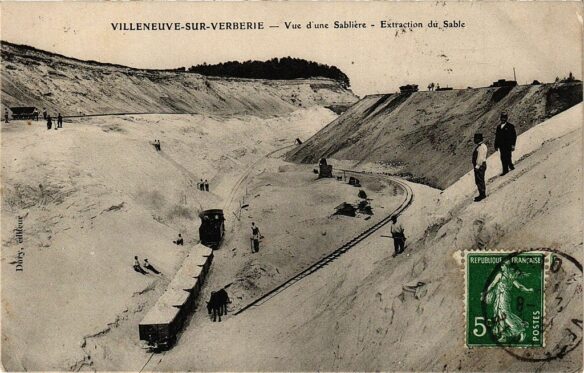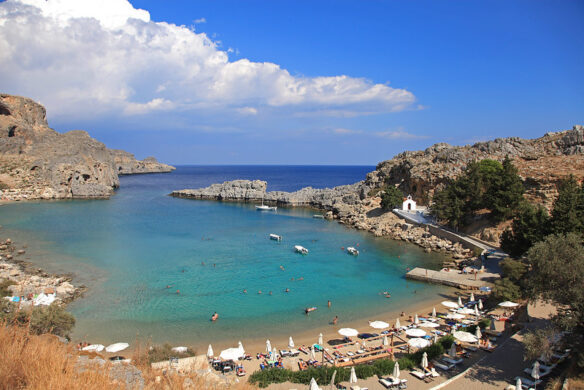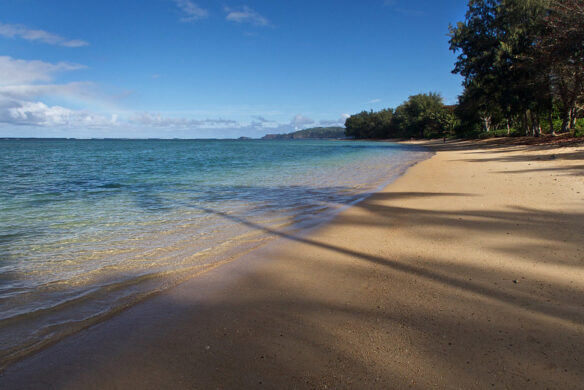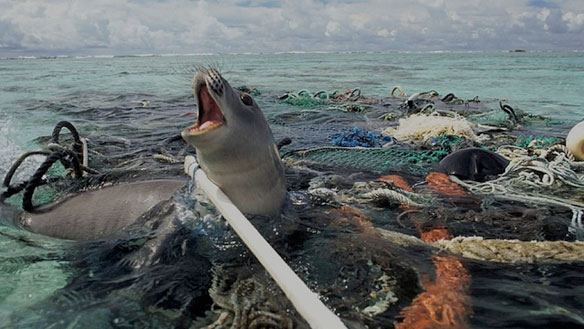
“When plastic ingestion occurs, it blocks the digestive tract, gets lodged in animals windpipes cutting airflow causing suffocation, or fills the stomach, resulting in malnutrition, starvation and potentially death. Indeed, it is found that debris often accumulates in the animals’ gut and give a false sense of fullness, causing the animal to stop eating and slowly starve to death.” —Captions: © SAF — Coastal Care
Photo source: ©© Tedsgp2
Excerpts;
In the water balloons resemble jelly fish, which are a favorite food of sea turtles. When sea turtles mistakenly eat them, they die. Plastic bags and bottles can also be deadly to marine life.
Of equal concern is the proliferation of discarded monofilament, or plastic fishing line, which finds its way into our waters to ensnare dolphins, water birds and other wildlife…
Read Full Article, Ocracoke Observer
Global Impact of Debris on Marine Life Studied, (02-19-2015)
Nearly 700 species of marine animal have been recorded as having encountered humanmade debris such as plastic and glass according to the most comprehensive impact study in more than a decade…
Leading scientists express rising concern about ‘microplastics’ in the ocean, Science Daily (07-11-2014)
Microplastics, microscopic particles of plastic debris, are of increasing concern because of their widespread presence in the oceans and the potential physical and toxicological risks they pose to organisms…
Plastic Pollution / When The Mermaids Cry: The Great Plastic Tide, Coastal Care
“The unprecedented plastic waste tide plaguing our oceans and shores, can become as limited as our chosen relationship with plastics, which involves a dramatic behavioral change on our part…”

